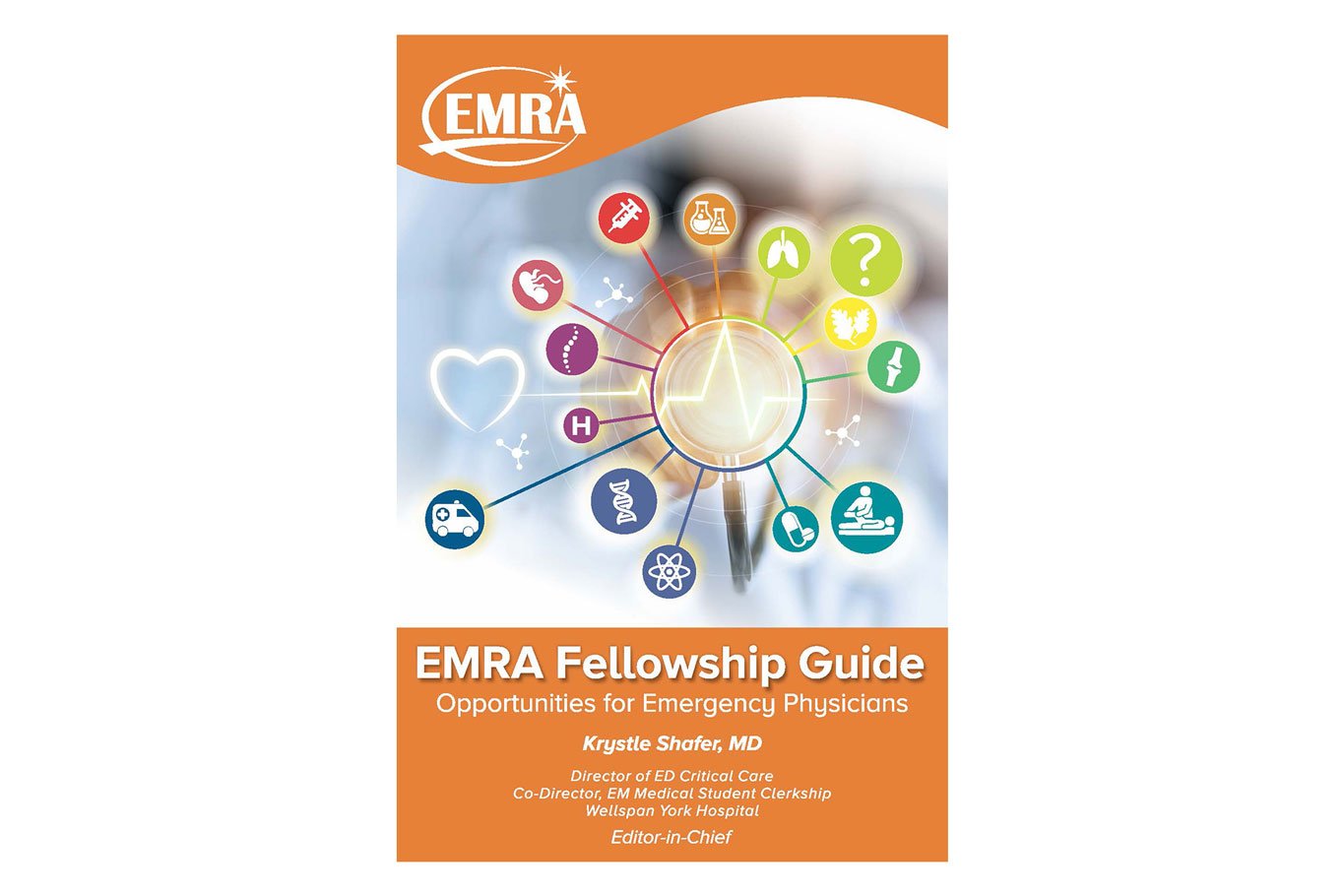Administrative Fellowships
EMRA is launching Fellowship Match! We are adding fellowships daily.
Look for fellowships using criteria important to you.
- Geographic location
- Fellowship type or training opportunity
- Advanced Degrees Offered?
- Is Moonlighting Allowed?
- Length of Program?
- Number of Shifts per month?
- Save your favorites
- Export your fellowships to a spreadsheet to look at offline

EMRA Fellowship Guide
Chapter 2 Administration/ED Operations/Patient Safety & Quality Improvement Fellowships
Successful physicians have long known that the practice of medicine is equal parts art and science, but today’s physicians also must be knowledgeable about the business of medicine. Administrative and operations fellowships in emergency medicine were designed to prepare residency graduates with the administrative, quality, health policy, patient safety, research, and operational skills necessary to lead an emergency department, hospital, or health care system, and to research the best approaches to ED operations. At some academic medical centers, institution-wide fellowships focused solely on patient safety and quality improvement have also been created.
Go to Chapter 2Related Content



Oct 16, 2023
Case Report: Managing a Left-sided Tension Pneumothorax with Patient History of Remote Right Pneumonectomy
The leading cause of iatrogenic pneumothorax is transthoracic needle aspiration. In our case, however, pneumothorax was most likely due to transbronchial lung biopsy two days prior to presentation. Although our patient had a tension pneumothorax, it is worth noting that post‐pneumonectomy syndrome (PPS) is a rare post-pneumonectomy complication occurring typically within several months and caused by excessive mediastinal shifting that results in airway compression.





